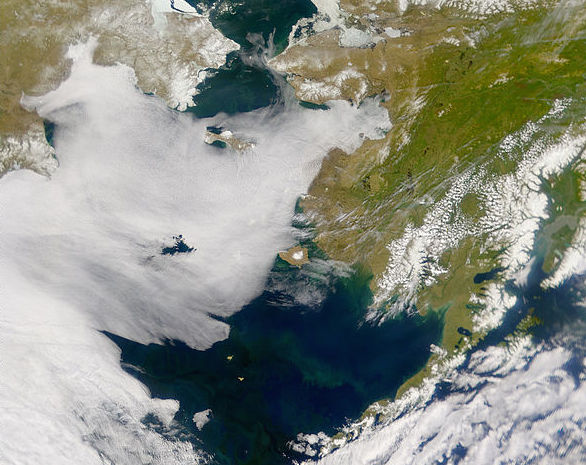David Dayen for The New Republic, commenting on how U.S. House Progressive Caucus found spare billions in needless Federal spending at the Fed lying around that may now be used to help pay for a highway spending bill compromise the Congressional Republicans are seriously considering:
But $16.3 billion in pure corporate welfare is not nothing. And the lesson here is the importance of having policies available on a shelf. Many observers deride the Progressive Caucus’ budget as an exercise in futility. But without the inclusion of the Fed dividend policy, Barbara Boxer wouldn’t have known about it when negotiating the highway bill. Even in a time of minority governance, having a storehouse of ideas that can be pulled out in opportunistic moments matters a great deal.
Now that’s real fiscal responsibility.







